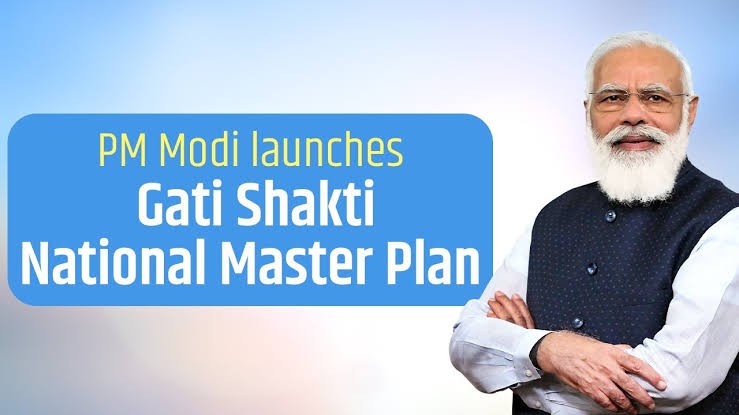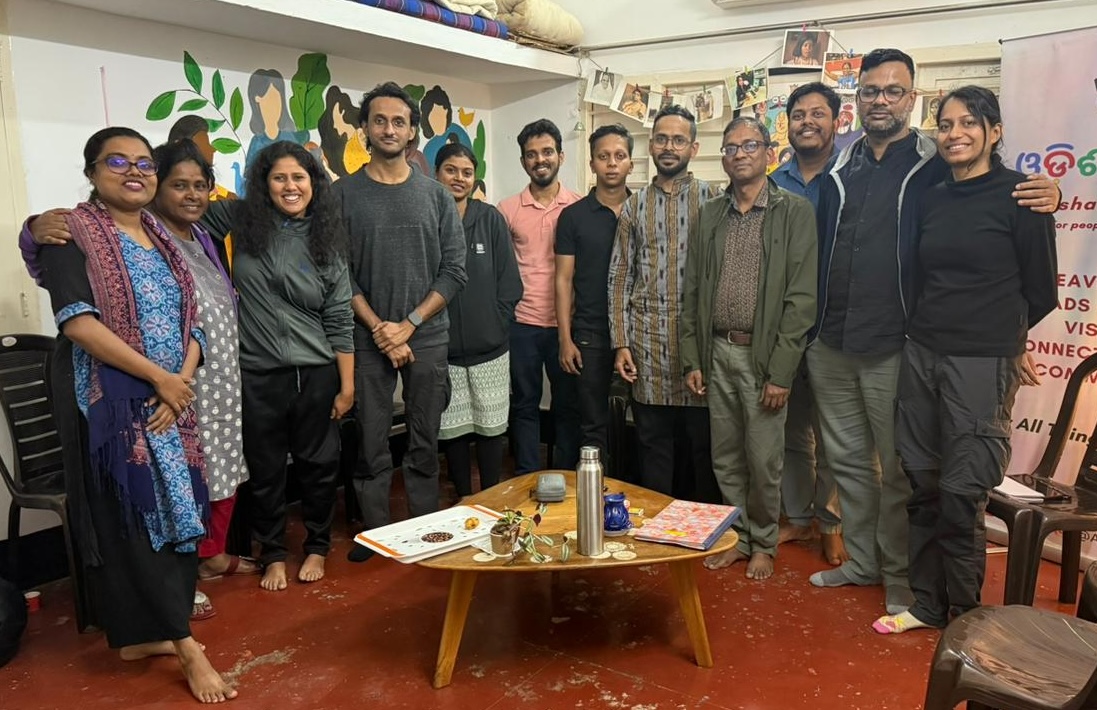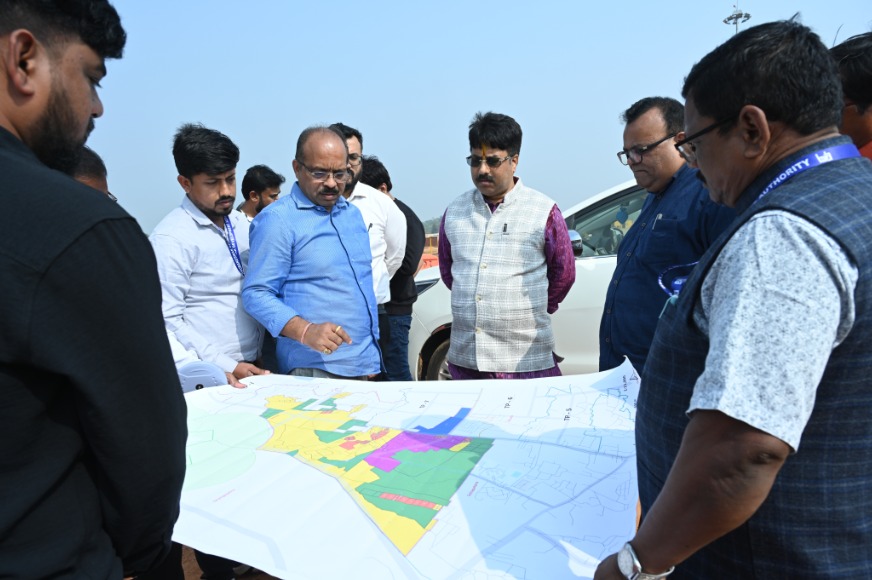New Delhi: Recognizing the pivotal role of supply chains and efficient logistics in bolstering domestic production and trade resilience, the Government of India has implemented a series of measures to strengthen the logistics ecosystem.
A significant step in this direction is the launch of the PM Gati Shakti National Master Plan (NMP) on October 13, 2021. This multimodal infrastructure planning initiative adopts a ‘whole of government approach’ and integrates data layers of various infrastructure components, such as roads, railways, ports, inland waterways, telecom lines, and power lines, onto a single GIS-enabled platform. The PM Gati Shakti NMP facilitates comprehensive planning for multimodal logistics, enhancing the efficiency of the supply chain.
Complementing the PM Gati Shakti NMP, the National Logistics Policy (NLP) was introduced on September 17, 2022. The NLP focuses on improving efficiency in the logistics sector through Comprehensive Logistics Action Plans (CLAP). These plans include measures for the development of human resources, adoption of digital technologies like the Unified Logistics Interface Platform (ULIP), and the operational Logistics Data Bank (LDB). ULIP integrates 33 logistics-related digital systems across ministries, while LDB enables the tracking and tracing of EXIM containers.
To further promote investments and manufacturing in the country, the government has implemented various reforms, including a liberalized FDI policy, introduction of Production-Linked Incentive (PLI) Schemes, reduction in corporate tax, Foreign Trade Policy 2023, Make In India, One District One Product initiative, and District As Export Hub initiative. These initiatives aim to reduce compliance burden and improve ease of doing business.
Infrastructure development programs such as Bharatmala, Sagarmala, Trade Infrastructure for Exports Scheme (TIES), and the establishment of Industrial Parks and development of Industrial Corridors have been initiated to facilitate comprehensive infrastructure planning and accelerate economic development.
Internationally, the government has taken initiatives such as the ‘G20 Generic Framework for Mapping GVCs’ to identify opportunities critical for building resilience within Global Value Chains (GVCs). India has become a signatory to the Indo-Pacific Economic Framework for Prosperity Agreement related to the Supply Chain and is part of the Supply Chain Resilience Initiative (SCRI) with Japan and Australia. These international partnerships aim to build collective, long-term resilient supply chains.
These measures and initiatives collectively contribute to enhancing the resilience of supply chains, fostering domestic production, and fortifying India’s position in the global trade landscape.
This information was provided by Smt. Anupriya Patel, Union Minister of State for Commerce and Industry, in a written reply in the Lok Sabha.





